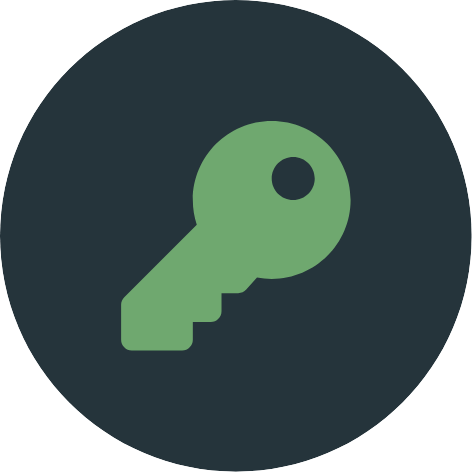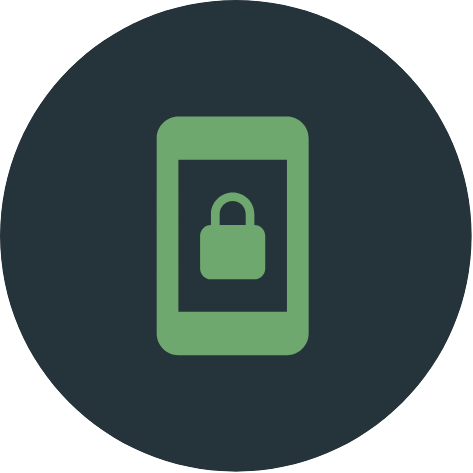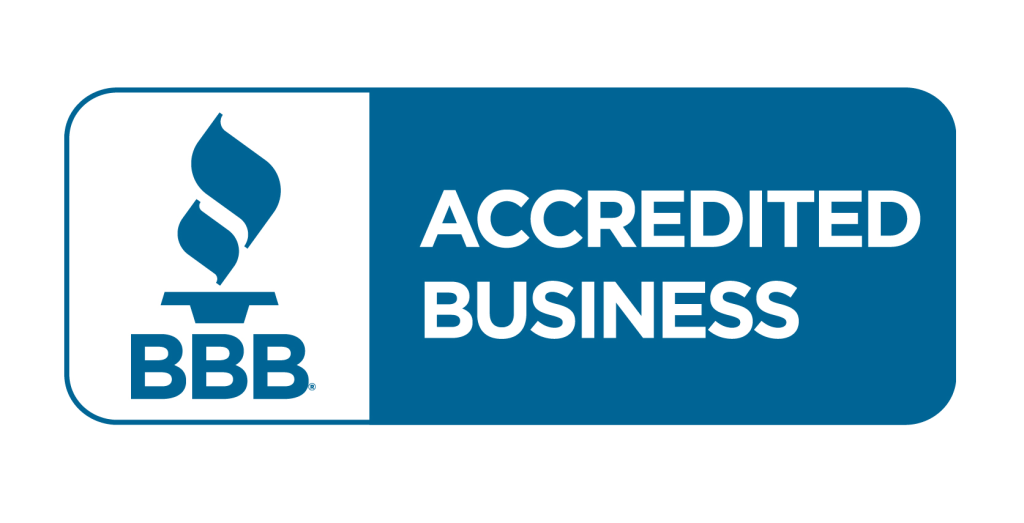California Medical Marijuana Card
Join the thousands of people who turn to Elevate Holistics for all their medical marijuana card and cannabis information.

Take the first step towards wellness
Booking your appointment has never been easier

Book Your
Appointment

Your Information
is 100% Secure

HIPAA-Compliant
Privacy
California is often considered one of the most cannabis-friendly states in the nation. Not only does it allow for medical marijuana use for those 18 and over, but recreational use is legal for all those over the age of 21.
Dispensaries are plentiful—in some areas, they seem to be on every corner. Billboards for delivery services abound, and it’s quite common to smell cannabis in the air any time you’re in a highly-populated place.
California medical marijuana dispensaries sell not only dried cannabis but oils, lotions, edibles, and flower products. If you have a medical marijuana card in California, you are legally allowed to grow, purchase, and possess higher quantities.
Let’s look at some of California’s medical marijuana laws, as well as how you can get an MMJ card.
Is Medical Marijuana Legal in California?
Not only is medical marijuana legal in California, but it has also been legal in this state the longest out of any place in the country! California voters passed the Compassionate Use Act way back in 1996, and then it was legalized for recreational adult use much later with the passage of Proposition 64.
However, regulations surrounding cannabis use are strict. This ensures that businesses operate safely (for the protection of employees and consumers), that products are free of contaminants and are labeled appropriately and accurately, and that all cannabis products are kept out of children’s access.
If you are under the age of 21, a medical marijuana card is still required to access and possess cannabis.
Is Recreational Marijuana Legal in California without a Medical Card?
The short answer is yes. Even without a California medical card, adults over the age of 21 may enter any dispensary and purchase cannabis in all its forms. Recreational use of marijuana and cannabis is legal in private areas, whether or not someone has a medical need.
Reasons to Get a Medical Marijuana Card in California
The legal allowances for those using marijuana simply for recreational use are different than for those with a doctor’s recommendation and further still for those with a medical marijuana card.
If you apply for a medical marijuana card in California and receive one, law enforcement cannot arrest you for possession of allowable amounts of cannabis, even when those limits exceed the amount allowed for recreational use.
California residents are also allowed to grow their own marijuana. However, those with medical cards can grow larger quantities on their own property. If you are under the age of 21, you need a medical marijuana card to legally purchase, grow, and/or use cannabis.
Those with a medical marijuana card are also exempt from paying taxes on their cannabis purchases.
Having a medical marijuana card in California allows you access if you are under 21 and allows you the freedom to have more in your possession than for recreational use. Although those with a medical marijuana card cannot be arrested for possession, authorities do have the right to seize the cannabis.
The patient has the right for that property to be returned, though, but it is often a difficult process. The patient needs to file a motion for a return of their property and then must go through the legal process while waiting for it to be returned.
Where Can I Buy a Medical Marijuana Card in California?
In California, medical marijuana cards must be applied for through the resident’s County Department of Public Health.
California Medical Marijuana Dispensaries
California authorities can place zoning restrictions in certain places that prohibit dispensaries, or that forbid the outdoor growing of cannabis; however, in general, California dispensaries are allowed.
Is It Legal to Grow Marijuana in California?
In 2003, Senate Bill 420 passed, which allows individuals with a medical marijuana card to have up to six mature plants or 12 mature plants on their private property. It also allows for up to eight ounces of dried cannabis to be on their person or their property at any time.
Medical grower’s licenses in California prohibit marijuana grown for sale, though. It is only legal to sell marijuana with a license.
California’s medical marijuana growing laws allow individual cities and counties to have the prerogative to raise the limits on how much a resident can grow or possess. However, if those allowances go over 100 sq. ft., then the person would need a new license.
California Medical Marijuana Laws
California doctors are not allowed to prescribe marijuana or cannabis for any condition, illness, or situation. However, they can recommend marijuana for appropriate situations.
Proposition 215 mentions that marijuana can provide relief for conditions such as anorexia, arthritis, AIDS, cancer, chronic pain, glaucoma, migraines, spasms, and others. Medical professionals are now able to recommend that patients try medical marijuana for these physical situations as well as emotional ones, including anxiety, depression, insomnia, and PTSD.
Most general practitioners don’t recommend medical marijuana, though. Patients needing a specific evaluation often go to a specialist to receive a medical marijuana recommendation.
The specialist should take care to review the patient’s full history and file, including past medical records and current medications, before making a recommendation.
When you move to California, you can apply for a California MMJ card immediately. However, it can take up to 30 days to receive it. Until you get your California card, you are legally allowed to buy and hold up to an ounce of marijuana or up to five grams of concentrated product.
Once you have an MMJ card, there are not any specific possession limits in California. However, the amount in a patient’s possession must be consistent with that patient’s needs, according to California marijuana laws.
As you can imagine, this is quite subjective. For this reason, authorities have the right to seize any marijuana or cannabis products in a patient’s possession until they can confirm it is appropriate to their specific need.
They do not have the right to destroy the property, and the patient has the right to go through the process of requesting it back; however, this can be a lengthy process.
There are no limits to cultivating marijuana on personal property, but local ordinances surrounding limits or cultivation for medical purposes must be followed.
California MMJ Reciprocity
Medical marijuana (MMJ) reciprocity means that a state will accept medical marijuana cards from out-of-state residents even if their residential state does not allow medical or recreational use of marijuana.
For example, an 18+ Oregon resident with an MMJ card could drive into Nevada and purchase cannabis from a dispensary because Nevada has MMJ reciprocity.
California does not accept reciprocity. However, California’s dispensaries can legally sell to those with an MMJ card. California has also legalized recreational use for those over 21.
How to Apply for a Medical Marijuana Card in California
Medical marijuana applications in California and the associate medical cards are issued by the state Department of Public Health.
The MMICP, or the Medical Marijuana Identification Card Program, was created to streamline the process of identifying who could purchase and use marijuana for medicinal purposes, as well as to provide a database for patients and their caregivers. The database is all online, making it easy for authorities to confirm eligibility.
To get your card, you can apply through your county’s specific program. In California, you cannot simply get a card through your specialist physician, although they can make a recommendation for you to use on your application.
You will need to then fill out an application form (or a renewal form if your current card is expired). You must currently reside in the county where you are applying and will need to provide the following documentation:
- Proof of identity (e.g., driver’s license, state-issued ID card, valid government-issued photo ID)
- Your doctor’s recommendation
- Proof of residency (e.g., utility bills, rental or lease agreement, vehicle registration)
Applications must happen in person. There, you will have your picture taken, which will be attached to your card.
Once you have submitted your completed application along with all required documents, the county has 30 days to process the paperwork and verify your status. Then, your county program must make your card available to you within five days.
This means that once you complete your application, you should have your card within 35 days. However, if there is any information missing or the country finds a reason to deny your application, the process could take longer. Still, the county will need to contact you within 30 days with their reasoning or with a request for further documentation.
Currently, the fee for the card is not to exceed $100 each year, but it varies by county. Those with Medi-Cal only need to pay 50% of their county’s set fee, but the reduction should not exceed $50. If the patient participates in their county’s Medical Services Program, then all fees for an MMJ card should be waived.
Your MMIC (medical marijuana identification card) is valid for one year, and you must follow the California medical card rules and regulations. If there are caregivers attached to your card, their eligibility to purchase will expire once your card expires, even if they have been noted as your caregiver for less than 12 months.
To renew your card, you go through the same process as you did to originally apply. You will get a new card and a new ID number. You may use the same medical recommendation, though, as long as it is still valid. Your particular county has the right to verify any and all information on your application, whether it is for a first-time card or a renewal.
Explore Medical Marijuana Cards by State
- Medical Marijuana Card in Washington
- Medical Marijuana Card in Oregon
- Medical Marijuana Card in Colorado
- Medical Marijuana Card in Nevada
- Medical Marijuana Card in Arizona
- Medical Marijuana Card in Utah
- Medical Marijuana Card in Idaho
- Medical Marijuana Card in Montana
- Medical Marijuana Card in Wyoming
- Medical Marijuana Card in New Mexico
- Medical Marijuana Card in Alaska
- Medical Marijuana Card in Hawaii



